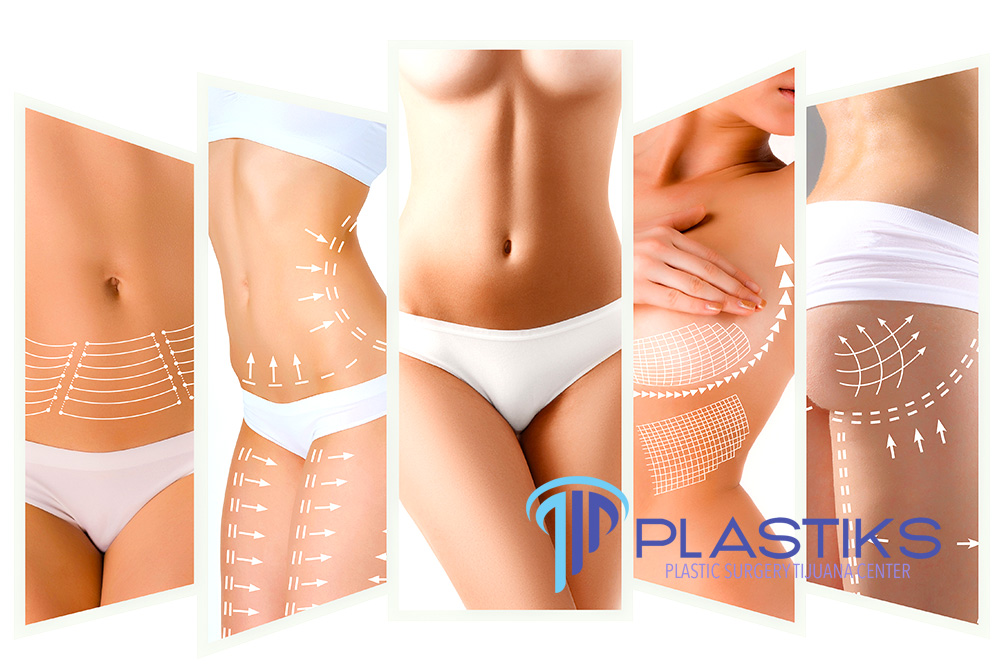Smiles are one of the most important aspects of making a first impression. For those who are looking for a more youthful appearance, or those who simply want to improve their smile, professional teeth whitening might be a great and effective option.
Why are my teeth stained?
There are two categories of staining: extrinsic and intrinsic. The first referring to those that on the surface of the teeth, the later are formed in the interior of the teeth.
There is not a single reason to why your teeth may not be the color you desire. Many factors contribute to the staining of teeth, but is important to note that, for starters, everyone has a different natural teeth color and very few people have a pure-white shade.
Teeth become more discolored as we get older. Teeth can also be stained by many foods and drinks, the most notable perpetrators being: coffee, tea and red wine, because of their strong color pigments (chromogens) that gets attached to the enamel.
The use of tobacco can also greatly affect the appearance of your teeth because of the Tar and Nicotine it contains.
What does Teeth Whitening do?
Professional Teeth Whitening is not a very complicated process, the dentist or specialist will most likely use peroxide-based bleaching products, which are capable of altering the colors of the tooth itself.
When consulting with a dentist or specialist, he or she will most likely try to first determine the cause of the staining, weather it is internal or external, to make sure that bleaching is the right method for you and that it it’ll achieve your desired results.
Once you’re ready to go through with the actual teeth whitening process, your dental team will place a rubber shield or gel to protect your gums, then they will apply the whitening product on your teeth, using a custom made mouthguard-like tray.
The active ingredient is broken down, oxygen gets onto the enamel of the teeth, and the tooth color is made lighter.
Does it work?
As previously mentioned, sometimes your teeth may be stained intrinsically (within the tooth itself), so whitening may not correct all types of discoloration. Whitening will also not work on caps, veneers, crowns or fillings, or if the discoloration is caused by medications or tooth injury.



